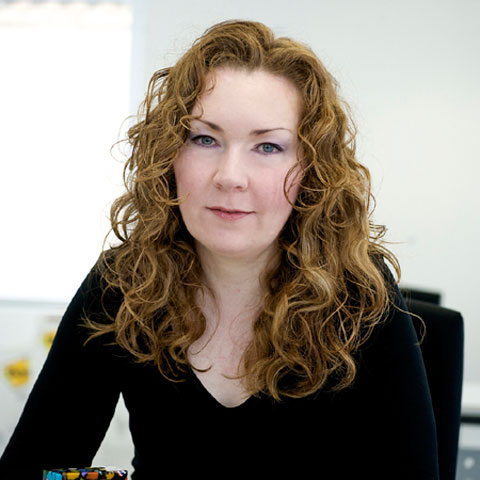Drug study shows clubbers have little interest in new wave legal highs
06/21/2012 00:00:00

Researchers from Lancaster University, Kings College London and Guys and St Thomas’ NHS Foundation Trust and Kings Health Partners surveyed 313 individuals over four nights in gay-friendly nightclubs in South East London last summer.
Although a significant proportion of individuals report previous use of novel psychoactive substances, it seems that only mephedrone has become an established part of the recreational drug scene – despite the fact that it was banned in 2010.
Of the 313 individuals surveyed :
· 206 (66%) had previously used a ‘legal high’.
· Mephedrone had the highest prevalence of last month use (53%) and use on the night of the survey (41%).
· This was greater than both cocaine (45% and 17%, respectively) and MDMA/ecstasy (27% and 6%).
· There was limited use on the fieldwork night of the non-mephedrone ‘legal highs’: including the ketamine-substitute methoxetamine or ‘mexxy’ (2%), the cannabis-substitute Spice/K2 (0.6%) and the pipradrols (0.6%).
Lancaster University’s Dr Fiona Measham, one of the authors of the report, said:
“Although there is some experimentation with ‘legal highs’, only mephedrone has become an established part of the recreational drug scene. For the majority of ‘legal highs’ that have come onto the market since mephedrone was banned, use is low or non-existent. This suggests that what we are seeing is a pattern of differentiated demand for drugs – just because drugs are for sale doesn’t necessarily mean that people are buying them.”
To read the full report go to http://qjmed.oxfordjournals.org/
Limited use of novel psychoactive substances in South London nightclubs
D.M. WOOD1,2, L. HUNTER3, F. MEASHAM4 and P.I. DARGAN1,2
From 1Clinical Toxicology, Guy’s and St Thomas’ NHS Foundation Trust and Kings Health Partners, London, 2King’s College London, London, 3Clinical Toxicology and Emergency Medicine, Guy’s and St Thomas’ NHS Foundation Trust and King’s Health Partners, London and 4Department of Applied Social Science, Lancaster University, Lancaster, UK